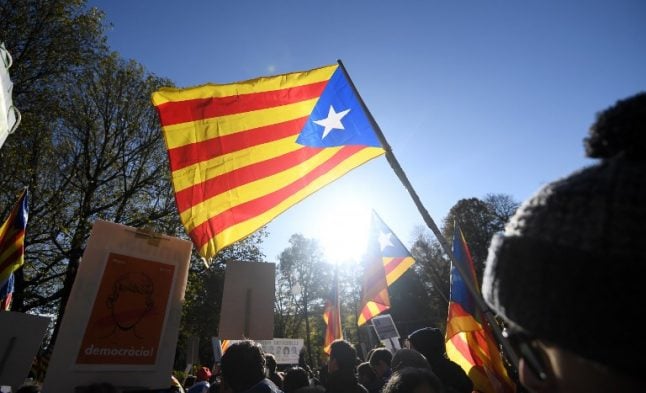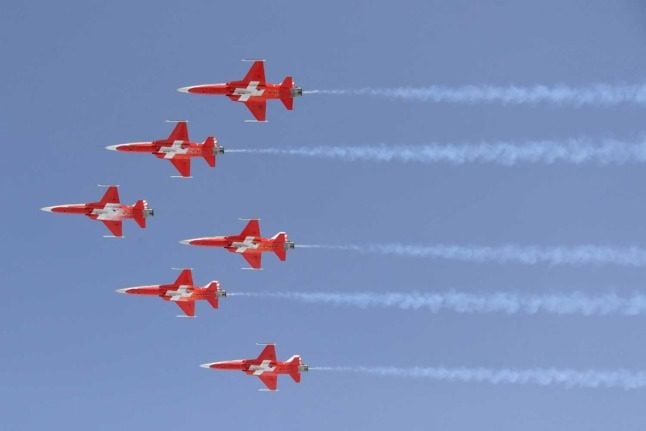The central government's Sociological Research Centre (CIS) predicted that the three pro-independence parties would get 44.4 percent of the votes and 66 to 67 parliamentary seats out of 135, just under the absolute majority of 68.
In the last regional elections in September 2015, they won 72 seats with 47.8 percent of the votes.
The three parties opposed to independence would get 44.3 percent of the votes and gain 59 to 60 seats, the poll suggested.
The poll was carried out across Catalonia last month, after the regional parliament declared independence.
Independence never materialised, however, as Madrid sacked the Catalan government after the declaration on October 27th, imposed direct rule on the once semi-autonomous region and called elections for December 21st in a bid to “restore normality.”
The poll, in which 3,000 people were interviewed, said just over 90 percent of those questioned were completely certain to vote in the elections while five percent will “probably” go.
Some 29 percent of eligible voters, however, are still undecided as to whom they will elect.
READ MORE: Rajoy pledges economic boost if 'normalcy' returns to Catalonia



 Please whitelist us to continue reading.
Please whitelist us to continue reading.